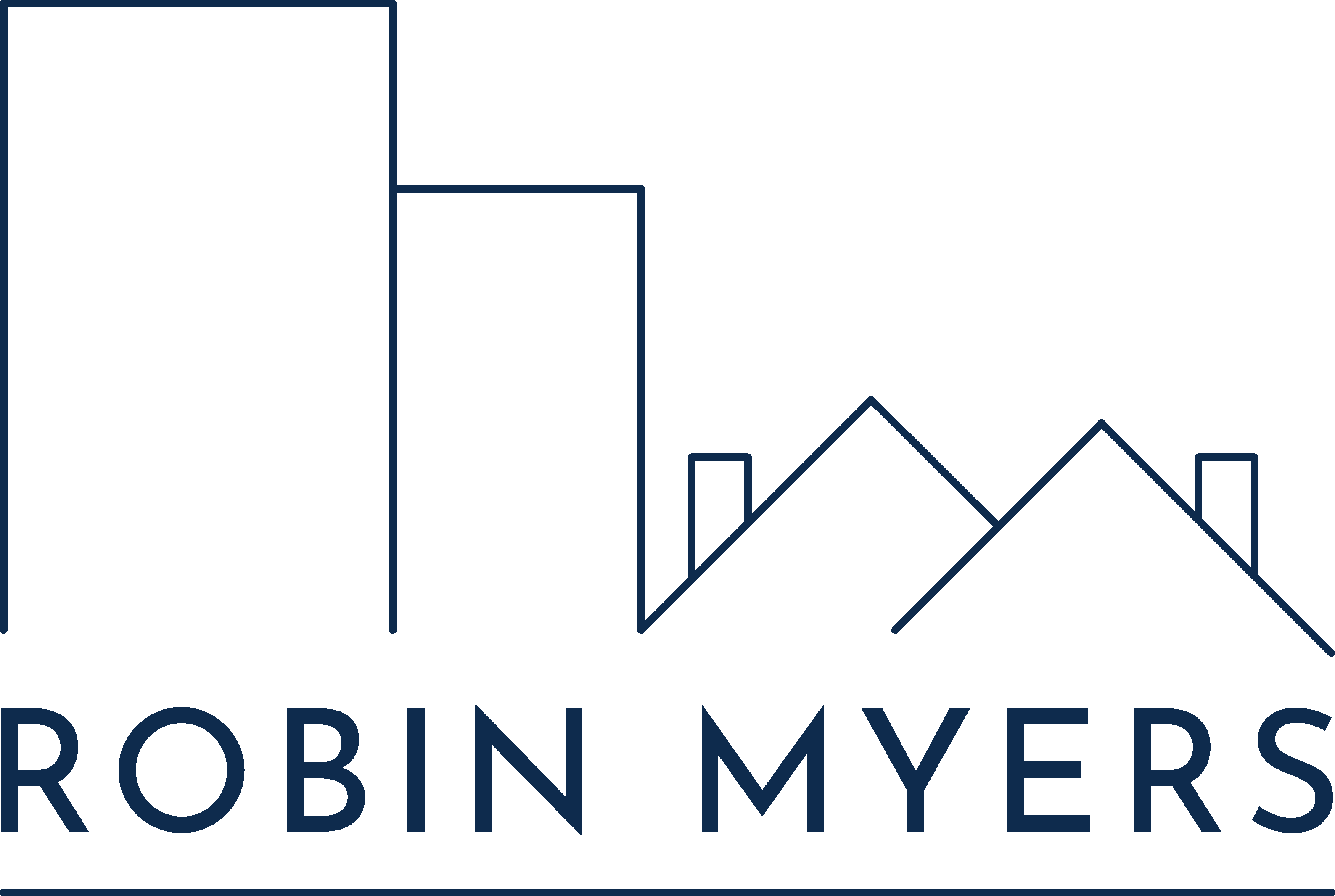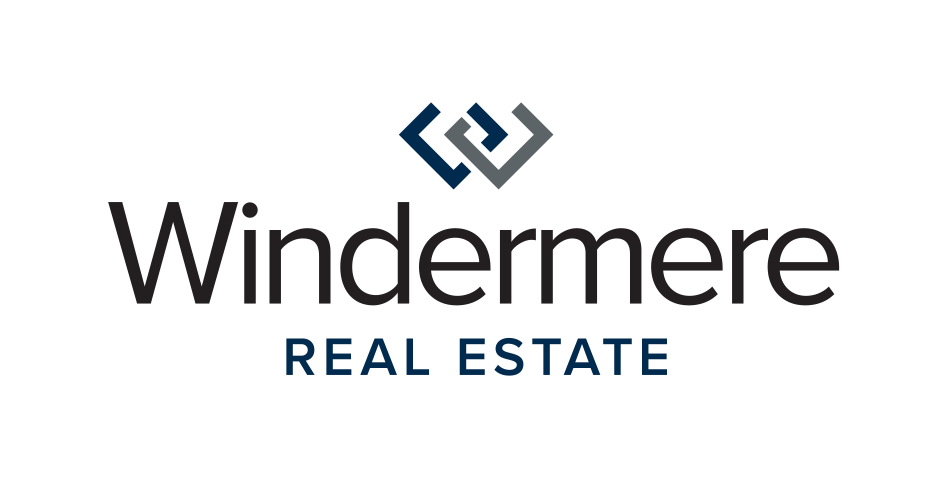NEW FHA GUIDELINES OPEN OPPORTUNITIES FOR HOME BUYERS

Condominiums are an important part of the housing market, especially for first time buyers. Often buyers have the income and credit score needed to purchase a home but lack a substantial down payment which can make entering the housing market prohibitive.
In an effort to promote affordable homeownership for credit worthy buyers, the Federal Housing Administration (FHA) has issued new guidelines that make FHA condo financing an easier, more streamline process. Once a huge part of the first time buyer market, FHA’s strict guidelines made financing a condo difficult, at best. FHA updated its condominium financing rules, effective October 15th, which will loosen requirements for financing condos.
- Low Down Payment Still Available. Buyers can still purchase a home with as little as a 3.5% down payment.
- FHA Loan Limit. In King County the maximum FHA loan amount is $726,525.
- Single Unit Approvals (“spot loans”) Return. If a condo community wasn’t on the approved FHA list, it was difficult, at best, to obtain FHA financing. New guidelines now make it easier for an individual unit to be approved for FHA “spot loan” financing in a community that doesn’t have current FHA approval.
- FHA Certification and Recertification. Many condo communities have applied for and maintained their FHA certification. Having FHA certification makes a community more desirable to buyers and FHA financing much easier. The FHA condo certification now lasts 3 years vs. 2 and the recertification process has been streamlined.
- Owner/Occupancy Requirements Eased. FHA now requires a condo community be just 50% owner occupied.
- Commercial/Non-residential Space. The amount of permitted non-residential space (retail, commercial, parking, etc.) has been increased from 25% to 35%
These updated FHA loan guidelines will now allow thousands more condominium units to qualify for FHA financing, opening homeownership opportunities to many more qualified buyers. Opening the window to homeownership will encourage more owners to buy and occupy homes resulting in fewer investor owned/rented units, higher owner occupancy levels and stronger communities.
NEW FHA LOAN GUIDELINES FOR CONDOMINIUMS BENEFIT BUYERS

Condominiums are an important part of the housing market for first time buyers. Too often buyers have the income and credit score needed to purchase a home but lack an adequate down payment which can make entering the housing market prohibitive.
In an effort to promote affordable and sustainable homeownership, especially among credit-worthy first time buyers, the Federal Housing Administration (FHA) has recently issued new guidelines making obtaining FHA financing for condominiums an easier and more streamline process. FHA has issued an update to its condo rules, effective October 15th, that will loosen requirements for financing condominiums. Here are some of the more important changes effective this month:
- Low Down Payments Still Available. Buyers can still purchase a house or condominium with as little as a 3.5% down payment
- FHA Certification and Recertification. FHA requires a condominium community to have obtained FHA certification. It is a detailed process and there is an expense to the HOA involved, but once complete, having FHA certification makes a community more desirable to buyers and FHA financing much easier. The FHA condo certification now lasts 3 years vs. two and the recertification process has been streamlined.
- Single Unit Approvals (spot loans) Permitted. In the past, if a condominium community wasn’t on the approved FHA list, it was difficult, at best, to obtain FHA financing. The new guidelines now make it easier for an individual unit to be approved for FHA “spot loan” financing in a community that isn’t FHA approved as long as no more than 10% of the units in the community are FHA insured. (A buyer must use a FHA approved lender.)
- Owner Occupancy Requirements Eased. FHA now requires that a condo community be just 50% owner occupied.
- Commercial/Non-Residential Space. The amount of permitted non-residential space (retail, commercial, parking) has been increased from 25% to 35%.
These updated FHA loan guidelines will now allow thousands more condominium units to qualify for FHA financing, opening homeownership opportunities to many buyers. Homeowner associations are encouraged to obtain and maintain FHA certification. Opening the window to homeownership will encourage more people to buy and occupy homes resulting in fewer investor owned units, higher owner/occupancy levels and stronger communities.
Don’t Ignore Condo Resale Disclosure Documents

In this fast paced, competitive real estate market, it’s common, in an effort to “win”, for buyers to waive contract conditions such as inspection, financing, appraisal, neighborhood review, etc. Buying a condominium is different than buying a house. With condominiums perhaps the most important contract condition in place to protect a buyer is the homeowner association (HOA) resale disclosure documents. The State of Washington requires a seller to provide the HOA resale disclosure to a buyer upon mutual acceptance and the buyer has the right to review and approve or disapprove based on the information contained in the package.
What is a resale certificate? It is a set of documents typically assembled by the condominium’s association manager that includes the summary “resale certificate” which discloses information about the HOA, delinquencies, pending special assessments, HOA reserve account balance, owner occupied vs. rental units, pending lawsuits, etc. Supporting documents will include detailed information about the HOA’s budget and financial statements, reserve study, meeting minutes, rules and regulations, recorded Bylaws and Declaration and insurance.
This is a large package of detailed information which too often buyers glance at briefly or ignore totally. It’s important to understand the health of the HOA and how well it is functioning, how well funded the reserve account is, and what conditions or community rules and regulations could impact a buyer’s planned use of the property.
What should you look for? The recorded Declarations can be hundreds of pages, which is overwhelming. There are major pieces you should review, but it’s wise to spend some time going through all the documents to understand how the HOA is governed and how owner’s monthly assessment dollars are being spent.
Resale Certificate – A 5-7 page document highlighting the major elements of the HOA (owner occupancy, delinquencies, reserve balance, special assessments, lawsuits, etc.).
Budget and financial statements – Review the annual financial statements and current operating budget to see the line-by-line operating expenses. Is the HOA staying within budget? Is the HOA building adequate reserves? Is the HOA financially healthy? Continue reading
Buying a Home with Less than 20% Down

 It’s a common misconception that a minimum 20% down payment is required to purchase a home. Buyers, saving to put 20% down on a home purchase, could be missing the opportunity to buy a home, and instead are watching prices continue to escalate.
It’s a common misconception that a minimum 20% down payment is required to purchase a home. Buyers, saving to put 20% down on a home purchase, could be missing the opportunity to buy a home, and instead are watching prices continue to escalate.
There are excellent loan programs available with 5% or 10% down (even as little as 3.5%), requiring less cash out-of-pocket for buyers. A lower down payment may likely result in a somewhat higher monthly payment, but when you consider that houses and condos in the Seattle/Bellevue area have increased in value 14% or more so far this year, and expected to continue to increase in value next year, waiting to buy could prove to be more costly. With rents also on the rise, it could make more sense to buy this year and start putting money toward building equity rather than toward another rent increase next year. Continue reading
2016 Strong for Condo Sellers
With only 24 resale condos listed for sale in downtown Bellevue there are very few choices for buyers ready to purchase. (Add in the 39 developer owned units still available at Washington Square and the total is barely over 60 in the entire downtown marketplace).
Inventory is at historic lows, prices are at or near record highs, multiple offers are the norm, higher buyer demand continues and there's no new condo construction in site . . . this year may well be your best time to sell your home or investment property. Bellevue is continuing to grow, more companies are moving to the city than are leaving, the arts and social scene is thriving, some of the best shopping and dining north of San Francisco can be found in Bellevue and the city is in the center of an award winning school district. The city has so much to offer for a variety of lifestyles and budgets. Condo prices start in the mid $300,000s (yes, there are affordable condos downtown) and can skyrocket to several million for a view penthouse. Don't miss the opportunity to maximize your return on investment if you're ready to make a change, find more space, move up to a view or reinvest in another rental property. 2016 could be the year.
Condo Financing and the FHA
 Condominiums offer a great opportunity for first time buyers to enter homeownership and begin to build wealth, equity and credit. FHA (Federal Housing Administration) loans were a popuilar option for financing as they often offered more favorable interest rates and down payment options than conventional loans. In recent years FHA has placed significant restrictions on the purchase and sale of condominiums, preventing buyers from purchasing condos, harming homeowners who want to sell and limiting the ability of condominium communities to attract buyers. In order to obtain FHA financing on a condominium, the community must meet a strict list of requirements and obtain FHA certification (a labor intensive process and expensive for the HOA) and recertification is required every several years. As a result, communities have let their certification lapse and FHA insured condo mortgages have plummeted in recent years.
Condominiums offer a great opportunity for first time buyers to enter homeownership and begin to build wealth, equity and credit. FHA (Federal Housing Administration) loans were a popuilar option for financing as they often offered more favorable interest rates and down payment options than conventional loans. In recent years FHA has placed significant restrictions on the purchase and sale of condominiums, preventing buyers from purchasing condos, harming homeowners who want to sell and limiting the ability of condominium communities to attract buyers. In order to obtain FHA financing on a condominium, the community must meet a strict list of requirements and obtain FHA certification (a labor intensive process and expensive for the HOA) and recertification is required every several years. As a result, communities have let their certification lapse and FHA insured condo mortgages have plummeted in recent years.
Lawmakers are urging FHA to review these guidelines and ease restrictions on condominium community certification requirements in an effort to make FHA financing an easier process and promote affordable home ownership opportunities. The National Association of Realtors® (NAR) has also been pushing FHA on many of these proposed changes for over three years.
Condos are a critical part of the natural progression of home ownership. Reducing the current restrictions impacting FHA condo financing will go a long way in assisting first time buyers who are entering the market, current condo owners who are ready to sell and move up to a larger home and seasoned homeowners who are ready to downsize to a lower maintenance lifestyle.

 Facebook
Facebook
 Twitter
Twitter
 Pinterest
Pinterest
 Copy Link
Copy Link




